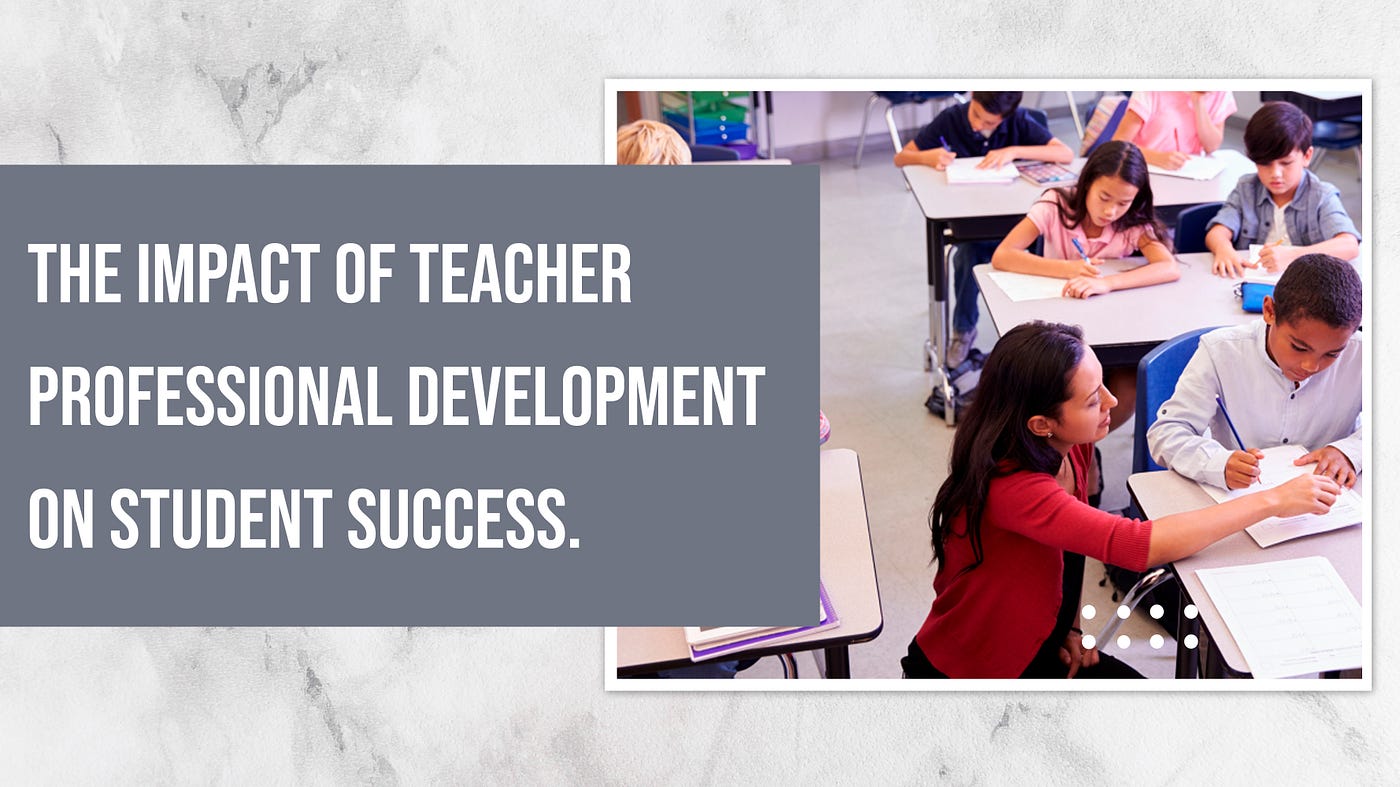Impact of Teacher Professional Development on Student Learning and Math Outcomes
Professional development plays a crucial role in improving teaching practices, which in turn leads to enhanced learning outcomes for students. In South Africa, VVOB collaborates with key partners, including the Department of Basic Education (DBE), the South African Council for Educators (SACE), and the Free State Department of Education (FSDOE), to improve mathematics education for primary learners. To assess the impact of teacher professional development on student learning and math outcomes, VVOB sought the expertise of Professor Peter Van Petegem and Professor Vincent Donche from the University of Antwerp. In this article, we will explore the effects of teacher characteristics, the learning-teaching environment, and learner perceptions on the impact of professional development.
The Learning-Teaching Environment

The learning-teaching environment plays a vital role in shaping student learning outcomes. Research indicates that the relationships between learning outcomes, learners’ study behavior, their perceptions of the learning environment, and their demographic background are interconnected. The learning-teaching environment encompasses various factors, such as learner involvement, cooperation, and responsibility for learning. It also includes teaching strategies, feedback mechanisms, and support for learning.
Learner perceptions of the environment are crucial in understanding the impact on learning outcomes. Deep learning, where learners are encouraged to apply what they have learned, connect ideas, and ask questions beyond the curriculum, is associated with better learning outcomes. On the other hand, surface learning, limited to memorization, may hinder overall understanding and application of knowledge. The assessment methods used also influence the learning approach, as learners tend to adapt their learning to meet the expectations of assessments.
Teacher Learning and Student Learning

Teacher characteristics and their professional development significantly impact student learning. Teachers’ attitudes towards teaching, their self-efficacy, and their learning processes influence the way students perceive and approach learning. Teachers who actively seek new information, collaborate with peers, and take the lead in educational change foster a more conducive learning environment. Subject advisors and other departmental officials supporting teachers also play a role in shaping professional development opportunities and learning outcomes.
Multi-Layered Research Design
To comprehensively assess the impact of teacher professional development on student learning and math outcomes, a multi-layered research design is proposed. This design takes into account individual teacher characteristics, the school environment, and school-level variables. The integrated research model draws inspiration from previous studies conducted in South Africa, investigating factors such as learners’ perceptions of differentiation, cooperation, collegiality, parental involvement, and support for innovation in schools.
Collaboration with Free State
In collaboration with the Free State Department of Education (FSDOE), the researchers contextualized the research design and gathered necessary data. They explored the education system, visited schools, and interacted with teachers, learners, and officials. This initial phase of the research provided valuable insights into the challenges and opportunities in math teaching in South Africa. The availability of statistical information, including demographic data and learning outcomes, is of great value for the research and its implications.
Way Forward

The research will progress through several phases, starting with baseline surveys of learners and math teachers in approximately 100 schools in the Free State. Data on learning outcomes will be collected from the Education Information Management System (EMIS) and the Annual National Assessment (ANA). The research will be complemented by qualitative in-depth analysis in selected schools, providing a comprehensive understanding of the impact of professional development on student learning. The research process will also contribute to strengthening the research capacities of subject advisors, enhancing their ability to support teachers effectively.
Conclusion
Teacher professional development is a key driver of improved learning outcomes for students. By collaborating with partners and conducting research, VVOB aims to enhance the quality of mathematics education in South Africa. The impact of professional development is influenced by various factors, including the learning-teaching environment, learner perceptions, teacher characteristics, and the school environment. Through a multi-layered research design, this study aims to provide insights into effective professional development strategies and their impact on student learning and math outcomes.

